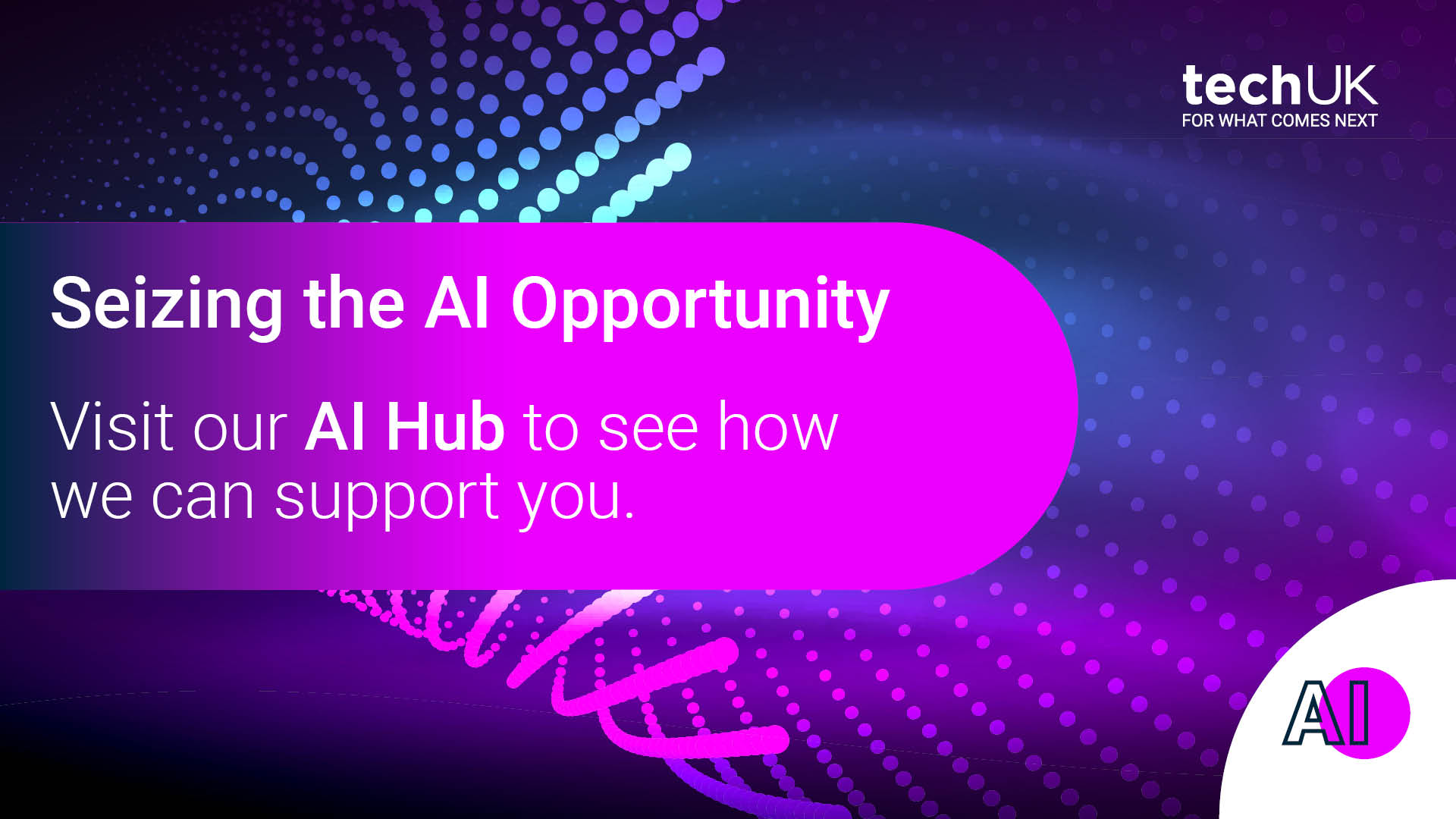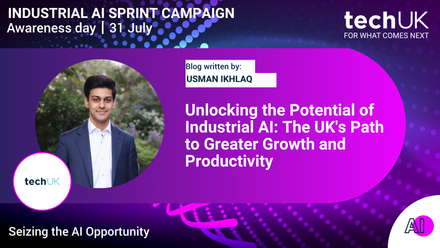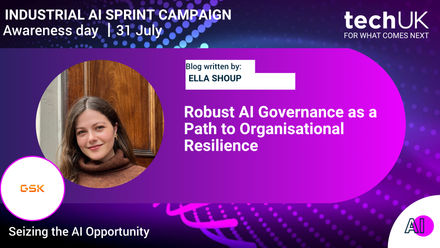FOMO vs. Tangible Value: The CEO's Challenge in AI Adoption
In the boardroom, artificial intelligence (AI) often sparks a mix of excitement and anxiety. The buzz is deafening, the pressure is real, and CEOs are caught in a tug-of-war between fear of missing out on commercial benefits, keeping pace with the competition and the need to deliver real value.
AI holds immense promise - the key to distinguishing between hype and high impact lies in great execution, driven by a focused strategy and reliable data.
While an appetite for innovation through AI enabled technology is crucial, that appetite must be channelled into specific, measurable goals to ensure a return on investment (ROI). Avoiding distractions and ensuring success lies in aligning AI initiatives with existing business strategies. Yourcustomers, shareholders, stakeholders, and users won’t appreciate declaring victory over AI if you haven’t delivered your numbers or commitments.
What Do You Really Need to Get the Most Out of AI?
Assuming you have gained consensus on the value of AI and how it can make specific contribution to your strategic objectives (or at the very least where you want to start), maximising the value you will get back from AI requires investment in a number of foundational, enabling elements:
Data Quality: Data is the lifeblood of AI. Without high-quality data, AI systems do not provide the outcomes sought, create false positives or false negatives, but also introduce bias, rendering AI services untrustworthy. When working with language models or large data pools (e.g. where there may be significant gaps because of historic data capture or storage weaknesses), managing and remediating quality issues quickly becomes critical. Investing in data quality assessment, measurement, and targeting remediation at the most impactful data for your AI outcomes is critical to avoid loss of value. It’s also important to be ruthlessly rigorous about priority and scope, without which you may get lost in a long, complex data programme that never seems to fix the problems you’ve identified.
Data Design & Architecture: Understanding what data you have available versus what is needed and when is vital. Most organisations are sat on huge pools of valuable information including: structured data, emails, images, documents, chat and voice call logs. Companies must assess their data requirements (aligned to their strategic priorities) and quickly identify opportunities or weaknesses, such as poorly defined data standards or a data architecture that has gaps undermining data integrity.
Ethics and Regulation: As AI technology advances, ethical standards and regulatory compliance are non-negotiable. Companies must ensure existing guardrails are sufficiently robust to ensure AI is used responsibly and transparently. This includes addressing issues such as bias, privacy, and accountability.
Data Governance: Avoiding common pitfalls in data investment, to get the most out of AI, businesses must also ensure they operate effective data governance. This means that across all data operations, data quality is maintained and used tightly in accordance with ethical and regulatory guardrails. This also means not just leaving data governance to the technology teams, business data governance is critical to ensuring data is of enduring value.
Data Infrastructure: High-quality data must be readily available for AI systems to function optimally. This means addressing infrastructure underpinning the data architecture supporting operations across the information lifecycle, including data capture, data storage, data access and data archiving. Having the greatest, high quality data in the world is of little use if your AI services can’t access it easily.
Fixing Data Quality: What Does Good Data Look Like?
Good data is accurate, complete, consistent, and timely. It should be free from errors and biases, and it must be relevant to the specific AI application. To achieve this, companies typically:
-
Data Design: Defining what a well designed data sets look like, creating a blueprint against which operational or analytical data can be assessed
-
Data Measurement: Establishing operational measures assessing how close data complies with data designs, identifying key frailties or strengths
-
Data Cleansing: Remediating frailties in data quality to remove inaccuracies and inconsistencies, typically downstream in the information lifecycle or at key ingestion points.
-
Data Remediation: Identifying key operations undermining data quality, having done root cause analysis against data quality gaps identified through data measurement. This can include applying validation on bulk data loads, or apply field level validation in UI’s
Conclusion
For CEOs, the challenge of AI adoption lies in balancing FOMO with the need for tangible value. By focusing on enabling data capability, and ensuring strong strategic alignment, businesses can ensure their AI investments deliver real, measurable benefits. And, of course, high-quality data is not just a valuable investment for AI; it is also an essential foundation for any modern digital organisation.
Naturally it’s not the whole answer: having great AI Services is crucial, but without strong foundations the best AI services will quickly fail to deliver against the promise.
techUK - Seizing the AI Opportunity
For the UK to fully seize the AI opportunity, citizens and businesses must have trust and confidence in AI. techUK and our members champion the development of reliable and safe AI systems that align with the UK’s ethical principles.
AI assurance is central to this mission. Our members engage directly with policy makers, regulators, and industry leaders to influence policy and standards on AI safety and ethics, contributing to a responsible innovation environment. Through these efforts, we help build public trust in AI adoption whilst ensuring our members stay ahead of regulatory developments.
Get involved: techUK runs a busy calendar of activities including events, reports, and insights to demonstrate some of the most significant AI opportunities for the UK. Our AI Hub is where you will find details of all upcoming activity. We also send a monthly AI newsletter which you can subscribe to here.
Upcoming AI events
Latest news and insights
Subscribe to our AI newsletter
AI and Data Analytics updates
Sign-up to our monthly newsletter to get the latest updates and opportunities from our AI and Data Analytics Programme straight to your inbox.
Contact the team
Visit our AI Hub - the home of all our AI content:











